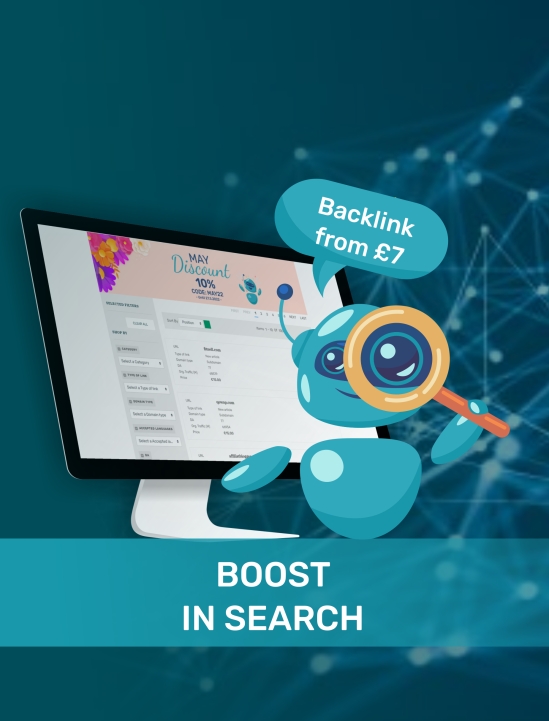In today’s digital age, a strong online presence is paramount. A website is often the first impression of your brand, and having a robust and visually appealing site is essential. But beyond aesthetics, ensuring that a website is well-optimized, user-friendly, and supported is crucial. This guide dives into the essential aspects of website development, hosting, and support, along with the benefits of white-labeled services.
Key Aspects of Website Development
Website development encompasses building and maintaining a site’s structure, functionality, and interactivity. It combines programming languages, content management systems (CMS), and coding to create user-friendly, responsive websites. Key development steps include:
- Planning and Strategy – Define your goals, target audience, and website functionality.
- Design and Layout – Work with designers to create a visually appealing layout.
- Content and SEO Integration – Integrate SEO practices to increase search engine visibility.
- Testing and Launch – Test site functionality across devices before launching.
Website Hosting and Support: Why It Matters
Website hosting involves storing your website files on a server, making it accessible online. Reliable hosting services provide enhanced performance, data security, and technical support. Here are key considerations:
- Speed and Uptime – Ensure your website loads quickly, with minimal downtime.
- Security Measures – Invest in hosting providers offering SSL certificates, firewalls, and malware protection.
- Support Services – Choose hosting with 24/7 support to address potential technical issues promptly.
Website Design: Balancing Aesthetics and Functionality
Effective website design marries visual appeal with usability. The design should reflect your brand identity, resonate with users, and be easy to navigate. Important elements include:
- Responsive Design – Ensure that the site adapts to various screen sizes.
- Intuitive Navigation – Simplify navigation to help users find information easily.
- Brand Consistency – Maintain color schemes, fonts, and styles that represent your brand.
Search Engine Optimization (SEO): Driving Traffic and Visibility
SEO improves a website’s ranking on search engine results pages (SERPs), increasing organic traffic. Implementing SEO best practices includes:
- Keyword Research – Identify and integrate relevant keywords into your content.
- On-Page SEO – Optimize titles, meta descriptions, and internal links.
- Technical SEO – Ensure fast page load times and a mobile-friendly design.
White-Labeled Website Development: Benefits for Agencies
White-labeled website development allows businesses to outsource development tasks to experts who remain anonymous, letting agencies brand the final product as their own. This solution is ideal for agencies looking to expand service offerings without hiring in-house developers. Benefits include:
- Cost Efficiency – Reduce operational costs by outsourcing.
- Scalability – Increase service capacity without additional infrastructure.
- Specialized Expertise – Access expert developers for high-quality output.
Building a successful website involves more than just design; it’s about creating a seamless experience that engages visitors, improves visibility, and reflects professionalism. Whether you’re developing in-house or using white-labeled services, investing in quality hosting, support, and SEO can significantly enhance your digital footprint.
Discover essential insights into website development, hosting, and design. Learn how search engine optimization and white-labeled development can boost your digital presence. Visit Eight Hats to enhance your website today!



